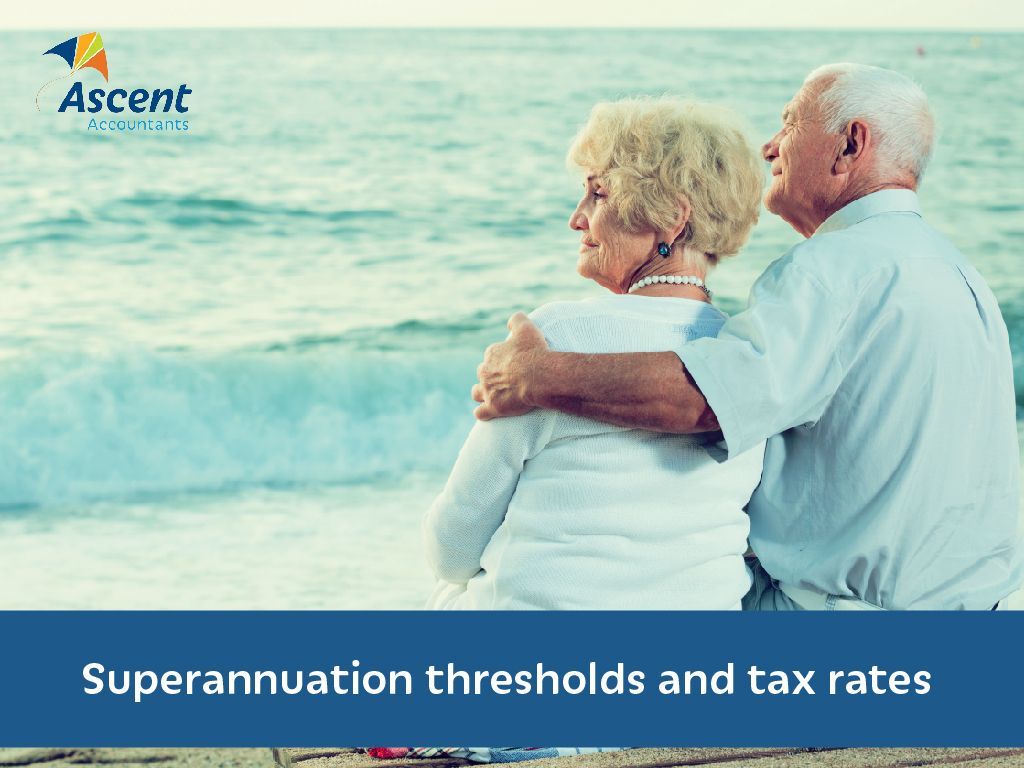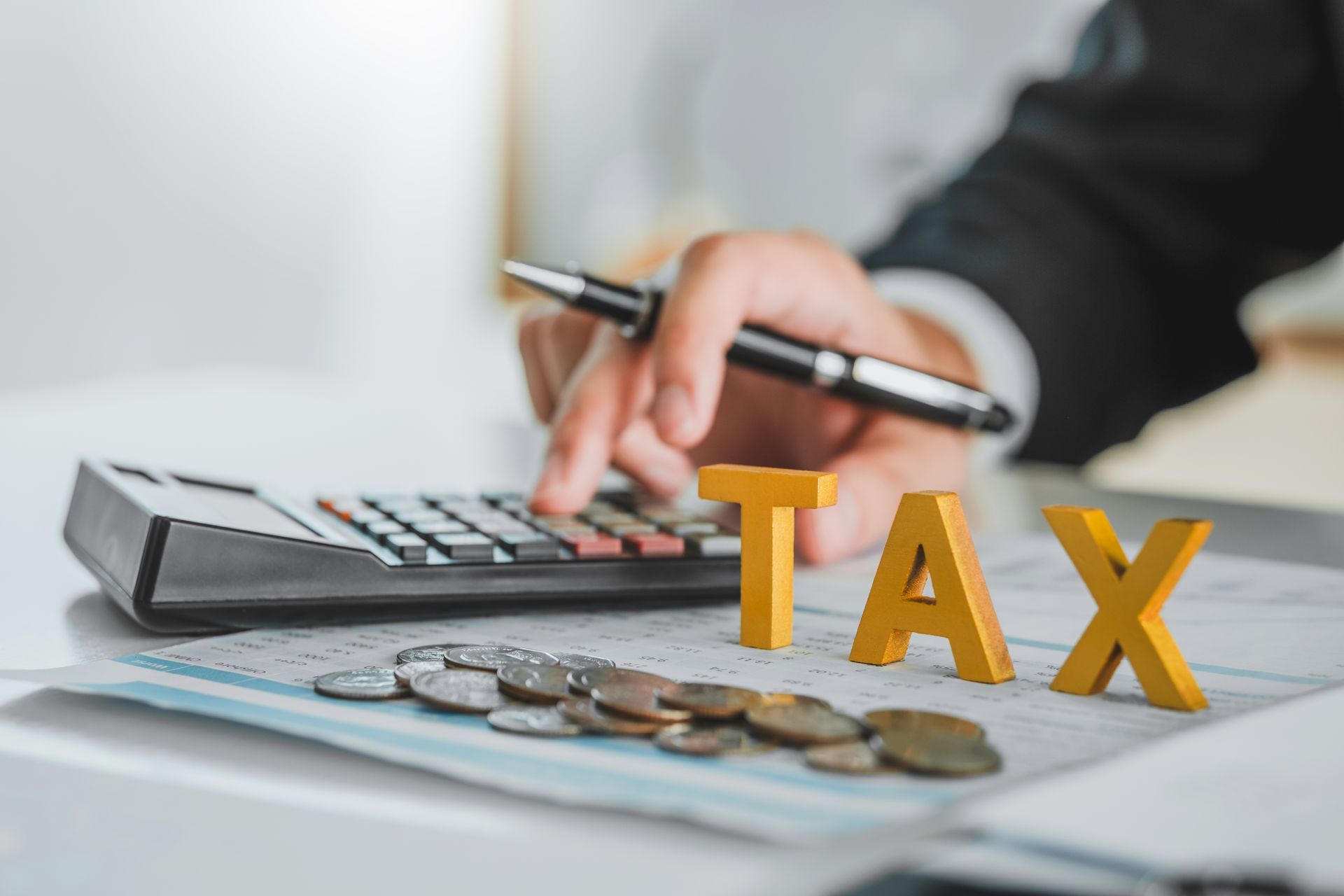Superannuation thresholds and tax rates

Make sure you’re not putting too much into super and paying too much tax.
Superannuation thresholds and tax rates apply to contributions, employment termination payments, super guarantee and co-contributions. Being aware of these rates can help you employ strategies to minimise your tax and build a larger retirement nest egg.
In this article, we’ve outlined the basics of superannuation tax rates and contribution caps to aid in your retirement planning.
Super fund tax rates
Superannuation funds in Australia must comply with a set of rules to be eligible for tax concessions. The main tax concession for a complying super fund is that its investment income is generally taxed at a maximum rate of 15%, which is significantly lower than the income tax rate. This concessional tax rate is designed to encourage people to save for their retirement via superannuation.
There are different tax rates within a complying super fund for different types of income and contributions; see below:
- Concessional contributions: 15%
- Non-concessional contributions: 0%
- Fund earnings (interest, dividends, capital gains etc.): 15%
- Capital gains on assets held for >12 months: 10%
- Benefits paid to members aged ≧60 years: 0%
Contributions caps
It’s important to know your relevant super contribution caps as contributing more than the prescribed amounts means you’ll have to pay extra tax.
Concessional contributions cap
Concessional (‘before tax’) contributions are those made from pre-tax income, such as employer contributions (including salary sacrifice) and personal contributions claimed as a tax deduction.
The current concessional contributions caps are:
FY2022-23 $27,500
FY2023-24 $27,500
Concessional contributions which exceed the cap will be considered taxable income and will be taxed at the marginal tax rate. However, you may be able to carry forward unused concessional contribution amounts in certain circumstances.
Non-concessional contributions cap
Non-concessional (‘after tax’) contributions include personal contributions which you’ve already paid tax on.
The current non-concessional contributions caps are:
FY2022-23 $110,000
FY2023-24 $110,000
Capital gains tax (CGT) cap
The CGT cap allows individuals to make contributions to their superannuation from capital gains without them being counted against their non-concessional contributions cap.
The CGT cap is a lifetime limit that applies to specific contributions arising from the sale of certain small business assets. When the sale of these assets results in a capital gain, the amount can be contributed to superannuation under the CGT cap.
See the current CGT cap amounts below:
FY2022-23 $1,650,000
FY2023-24 $1,705,000
Super guarantee
As an employee, your employer contributions are required to be paid by your employer on at least a quarterly basis at the following rates:
FY2022-23 10.5%
FY2023-24 11%
If you’re an employer, ensure your accounting software is updated July 1st this year to reflect the 0.5% increase to pay your employees’ super at the correct rate.
Government contributions
The government co-contribution is a scheme to boost the superannuation of low to middle-income earners. If an individual is eligible (per the thresholds below) and makes personal contributions, the government will make a co-contribution of 50c for every $1 contributed, up to a maximum amount.
The income thresholds have two levels:
- Lower income threshold
Below this level, if you contribute $1,000 of your after-tax income to your super, the government will contribute the maximum amount of $500.
For FY22-23, this threshold is $42,016 and for FY23-24 this threshold is $43,445.
2. Higher income threshold
At this level and above, you are not eligible for a government co-contribution. For FY22-23, this threshold is $57,016 and for FY23-24 this threshold is $58,445.
If you fall between the two thresholds, the amount of government co-contribution gradually reduces as your income increases. The co-contribution amount decreases by 3.33 cents for each dollar of total income over the lower income threshold, up until the higher income threshold (when it ceases).
Plan your retirement now
Don’t neglect your superannuation until it’s too late. Your retirement depends on the planning you put in place today! For professional help building a comfortable nest egg, consider Ascent Accountants. Our professional and tailored advice can help secure your financial future. Contact us today for more.
Need help with your accounting?








